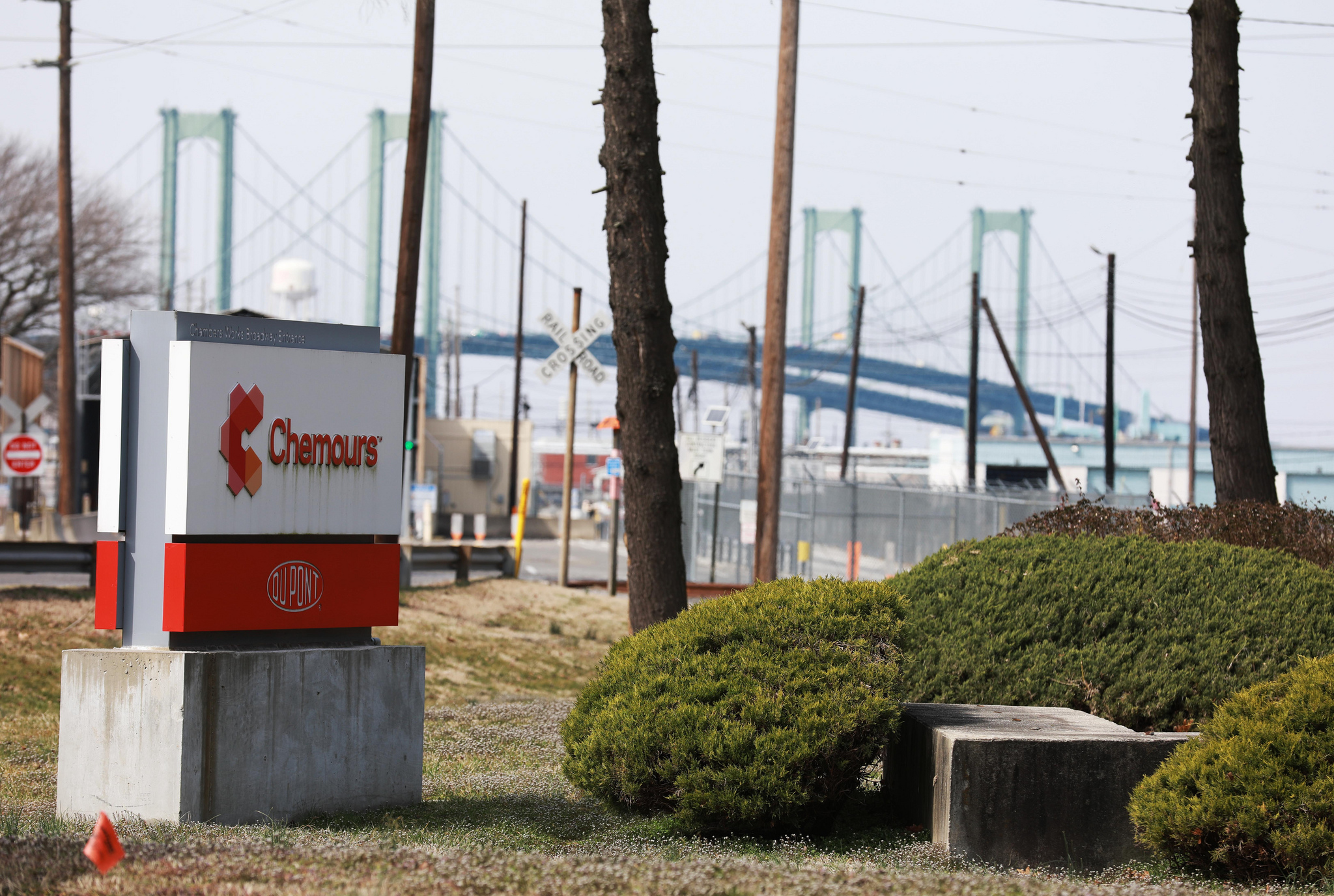
Three pay to settle PFAS claims
Submitted by:
Andrew Warmington
Chemours, DuPont and Corteva have reached an agreement in principle to resolve all per- and polyfluoroalkyl substance (PFAS)-related drinking water claims of a defined class of public water systems that serve “the vast majority of the US population”. They will pay about $592 million, $400 million and $193 million respectively into a settlement fund by 12 June.
This will conclude ongoing litigation on all water systems with a current detection of PFAS at any level and those that are currently required to monitor for the presence of PFAS under Environmental Protection Agency (EPA) rules or other applicable laws, including those in the South Carolina aqueous film-forming foam multi-district litigation. Not included in it are: water systems owned and operated by a state or the federal government; small systems that have not detected the presence of PFAS and are not subject to monitoring requirements; and those in the lower Cape Fear river basin of North Carolina, which can opt in if they wish.
This is all subject to final agreement, which is expected within Q2, and approval by the US District Court for the District of South Carolina. As part of this process, the court will establish a timetable for notice to class members, hearings on approval and for class members to opt out of the settlement. The companies will have the right to terminate the settlement if opt-outs exceed specified levels.
“If a settlement cannot be finalised and approved, and plaintiffs elect to pursue their claims in court, the companies will continue to assert their strong legal defenses in pending litigation,” they stated. They continue to deny the allegations in the underlying litigation.
The three companies have faced thousands of lawsuits in the US about the alleged effects of PFAS on human health and the environment. There has also been contention between them. Chemours, a DuPont spin-off, once sued its former parent over its legacy responsibilities for PFAS. Disagreement has also come to the surface again now with DuPont saying that it had never manufactured perfluorooctanoic acid (PFOA) or perfluorooctane sulfonic acid (PFOS). The other two denied this.
In May, Chemours became the first company in the US to be subject to an enforcement action for discharging PFAS from its Washington Works facility in Parkersburg, West Virginia, under the Clean Water Act. The EPA is now requiring it to implement a sampling plan analyse the release of PFAS and implement a plan to treat or minimise them.
The Washington Works discharges industrial process water and storm water to the Ohio River and its tributaries, under the terms of a state National Pollution Discharge Elimination System. This was issued in 2018 to replace one previously held by DuPont before the two companies were separated out.
Discharges exceeded those allowed in the Chemours permit on both PFOA and PFOS many times between 2018 and March 2023, even though PFOA is no longer used at the site and this is related to legacy emissions affecting groundwater. The firm said that it has worked with the EPA on a consent decree “and will continue to take action to address the legacy deposition that contributed to many of the exceedances”.
In June 2022, the EPA released four drinking water health advisories PFAS and announced that it would invited states and territories to apply for $1 billion through the Bipartisan Infrastructure Law to address PFAS and other emerging contaminants in drinking water, specifically in small or disadvantaged communities. The money can be spent on technical assistance, water quality testing, contractor training, and installing centralised treatment technologies and systems. A further $4 billion will become available later.
At the same time, the agency released updated health advisories on the basis of new evidence that “some negative health effects may occur with concentrations of PFOA or PFOS in water that are near zero and below EPA’s ability to detect at this time”. It also issued final health advisories for perfluorobutane sulfonic acid and its potassium salt (PFBS), which is used as a PFOS replacement in manufacturing; hexafluoropropylene oxide (HFPO), dimer acid and its ammonium salt, or GenX chemicals, which is used as an alternative to PFOS. The recommended levels are well above the level of detection, based on risk analyses in recent scientific studies.
Shortly after the settlement was announced, Chemours announced the resignation of CFO Sameer Ralhan and his replacement by Jonathan Lock, hitherto chief development officer. This has led to other changes, with Matt Abbott being named the company’s first Chief Enterprise Transformation Officer and Kristine Wellman, General Counsel and Corporate Secretary, taking charge of the Sustainability organization from Lock.
(Lock himself was integral to the recent decision by Chemours to sell its glycolic acid business to PureTech Scientific for $137 million. This is expected to close in Q3, subject to regulatory approvals and other customary closing conditions. PureTech, which is owned by private equity firm Iron Path Capital, seeks to the global leader in organic synthesis of ultra-high purity alpha-hydroxy acids for life sciences and speciality chemicals.)
It is not clear if there is any link between Ralhan’s departure and the ongoing PFAS problems but this is just the latest in a line of senior executives to leave Chemours. The presidents of the Titanium Technologies & Chemical Solutions and Thermal & Specialized Solutions, Edwin Sparks and Alisha Bellezza, left in March and May respectively. Both jobs are being covered on an interim basis while replacements are sought.
